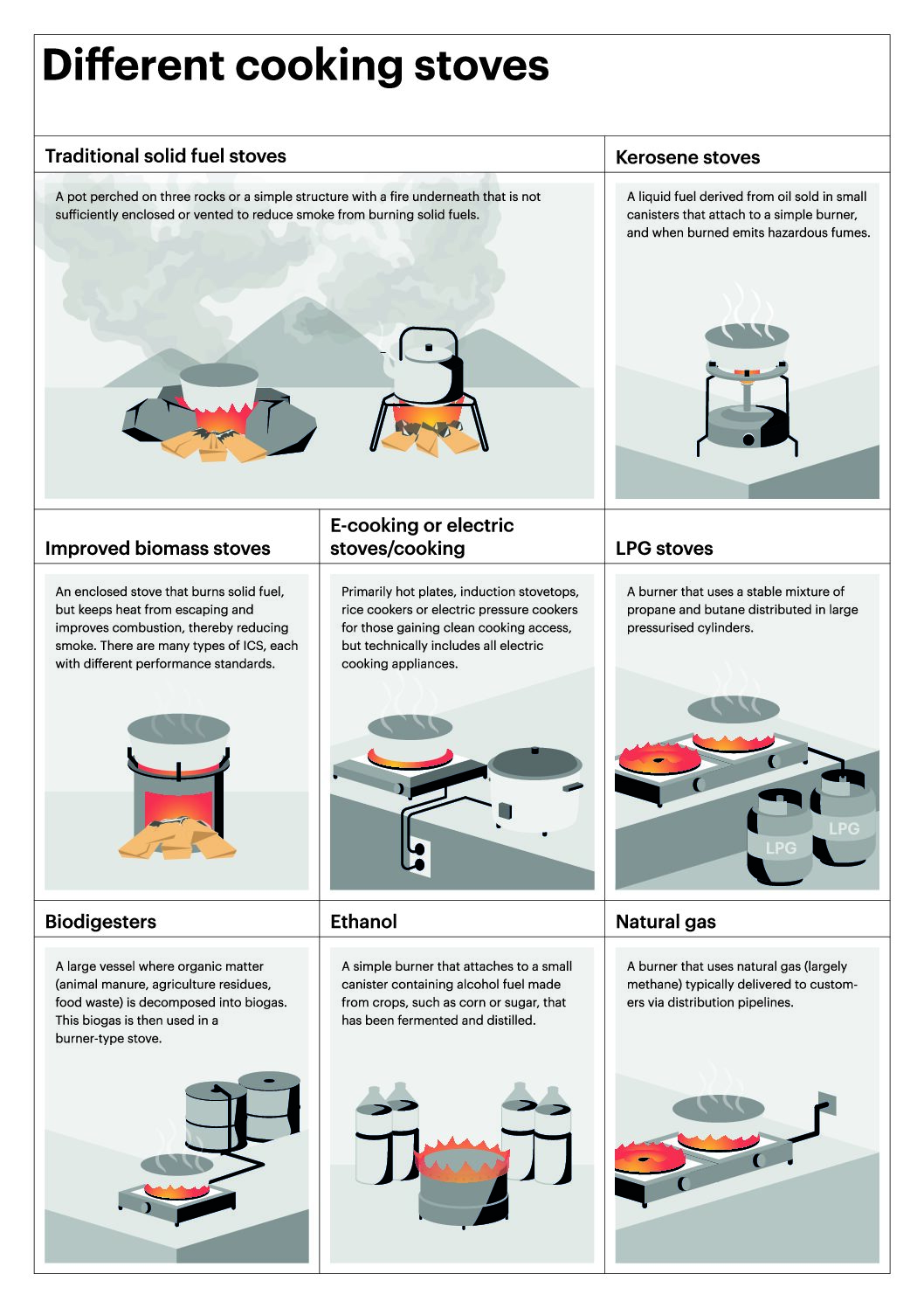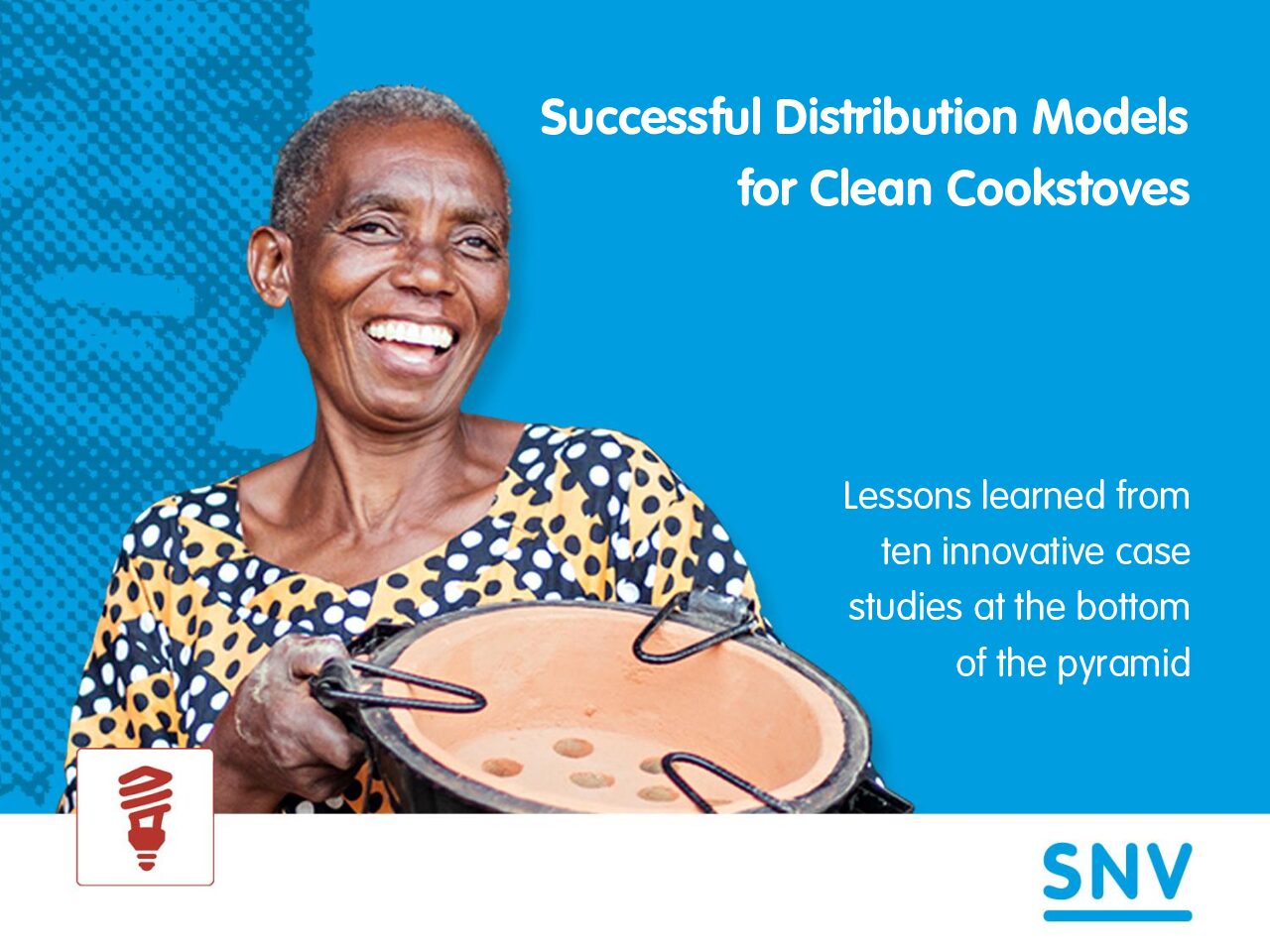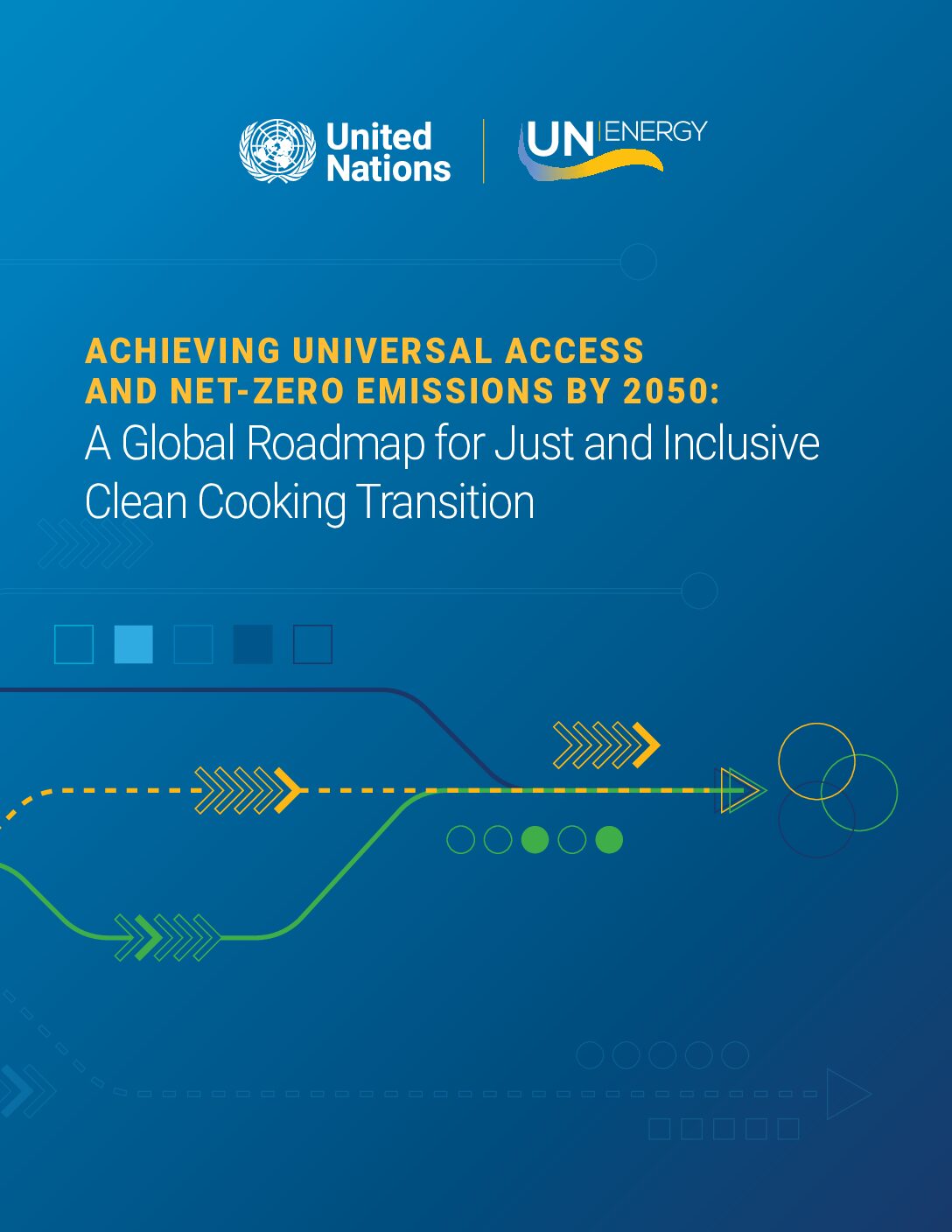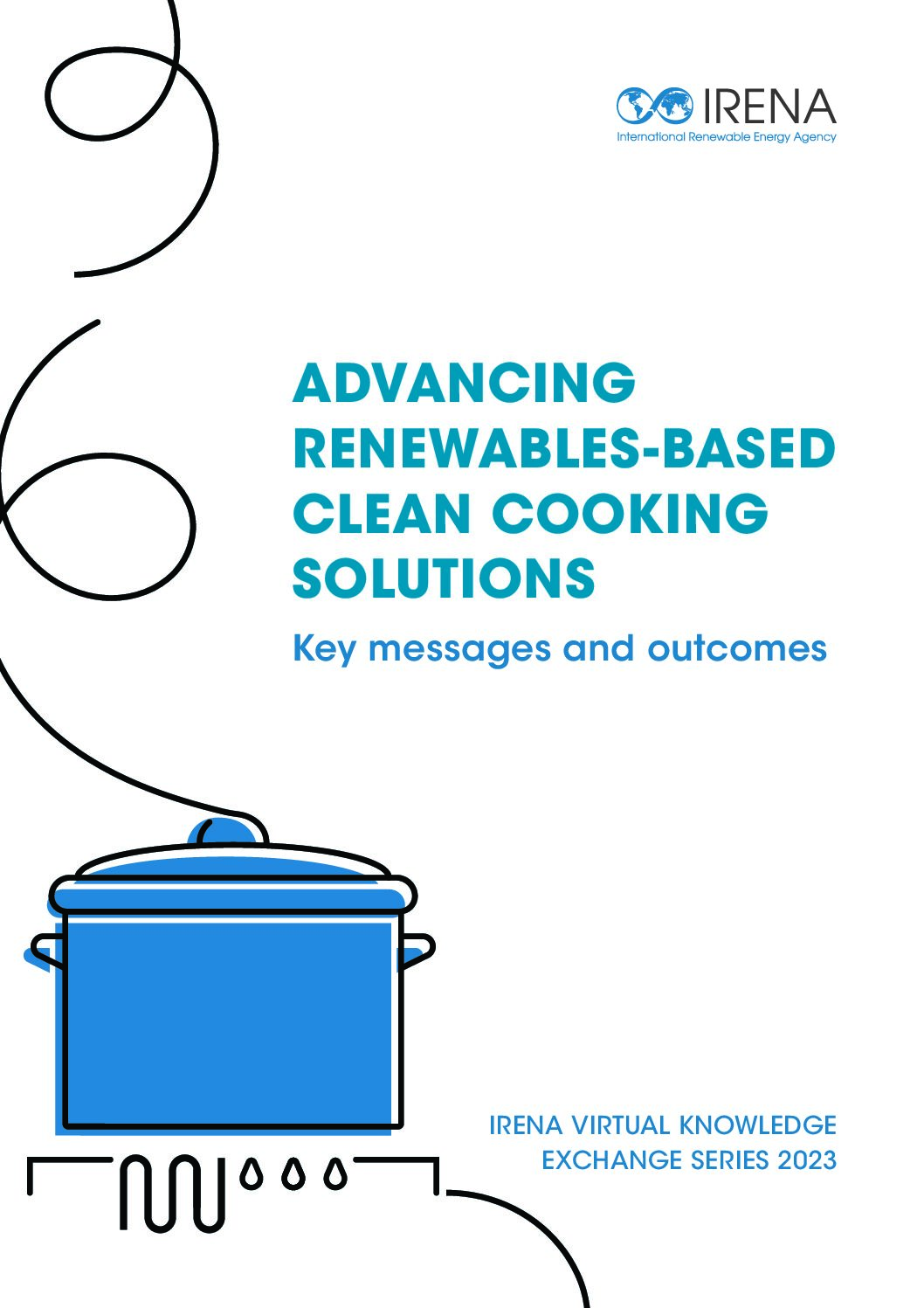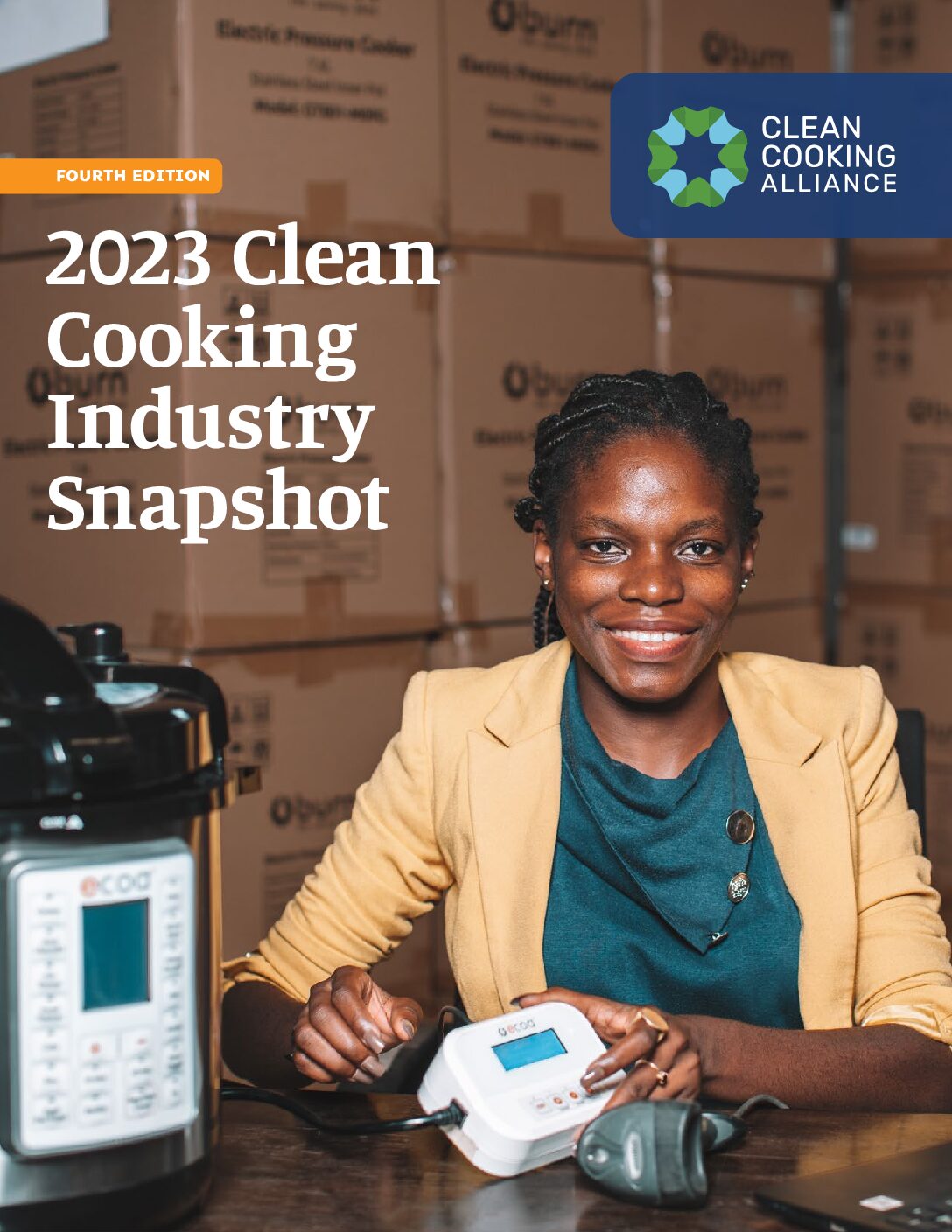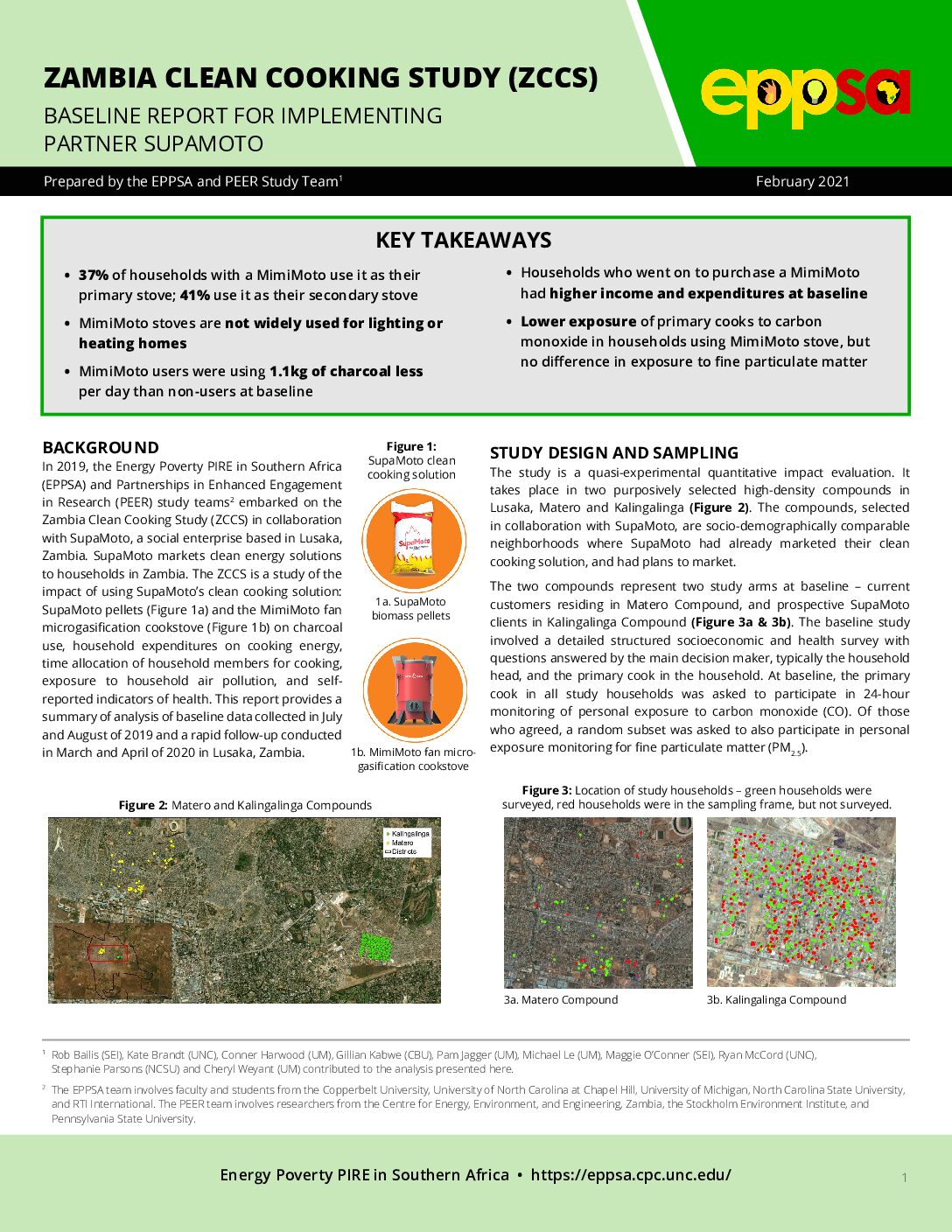This article announces the approval in March 2025 by the Integrity Council for the Voluntary Carbon Market (ICVCM) of a new cookstove methodology by Verra, which administers the Verified Carbon Standard. This sets a new benchmark for high-quality, trusted carbon credits for clean cooking. The article also provides data on the development of the clean […]
This article tells a story of trial and error in the development of a clean cookstove business model in Zambia, highlighting the many factors that come into play and the occasional unpredictability of the market.
This IEA infographic gives a quick overview of different cooking technologies, and outlines each technology’s advantages and disadvantages in terms of health, gender and environmental impacts, as well as costs, scalability and efficiency.
This brief presents lessons learned from ten case studies on successful business models for clean cooking solutions.
This page presents the Principles for Responsible Carbon Finance in Clean Cooking, developed by the CCA.
This is a UN roadmap presenting different scenarios and pathways towards clean and net-zero cooking by 2050.
This article assesses the opportunities provided by digital monitoring, reporting and verification (dMRV), which can facilitate real-time tracking of the use and fuel sales from clean cooking products, thereby increasing the integrity of emissions reduction claims.
This brief offers a summary of experiences, challenges and opportunities in the renewables-based clean cooking sector, and describes the actions needed to scale up adoption.
The report aims to inform prospective and current financiers of the clean cooking sector, as well as enterprises both in the sector and adjacent to it, of investment and operational trends and the significant impact that carbon revenue is having on the sector.
This study presents baseline data on the clean cooking situation in Zambia and describes the achievements thus far of clean cookstoves provider Supamoto.

